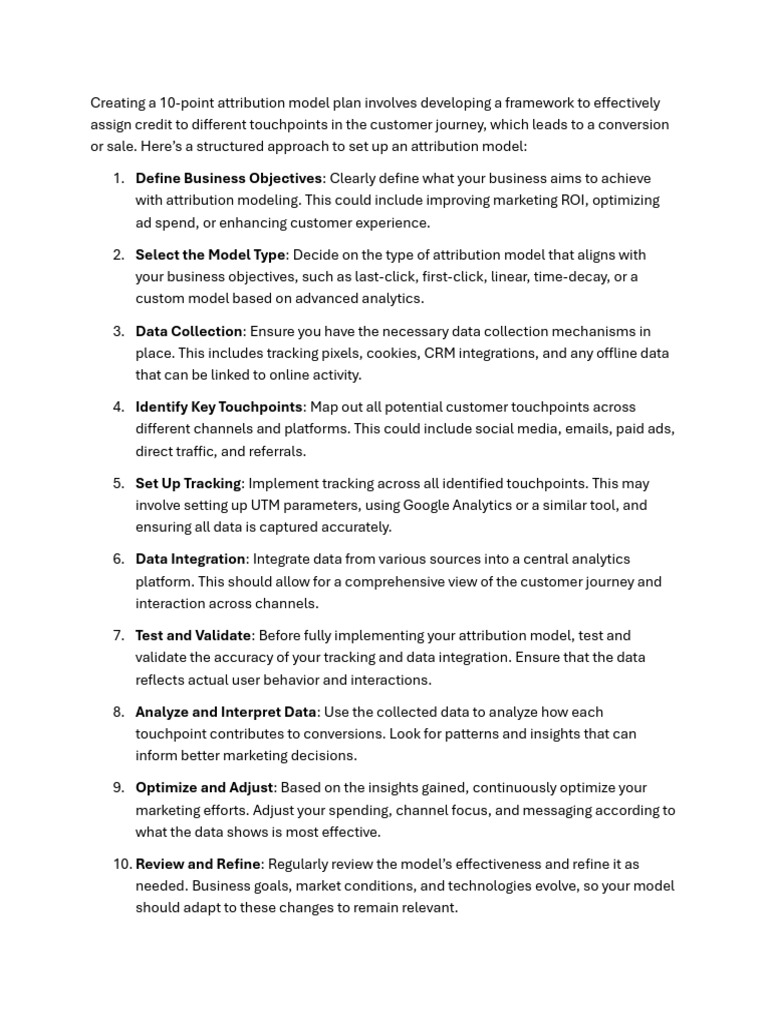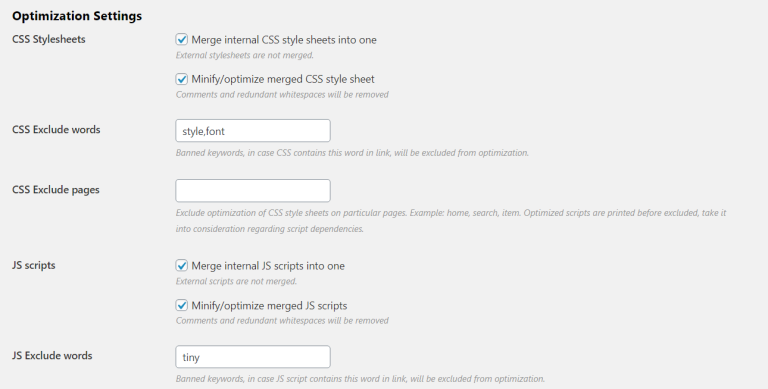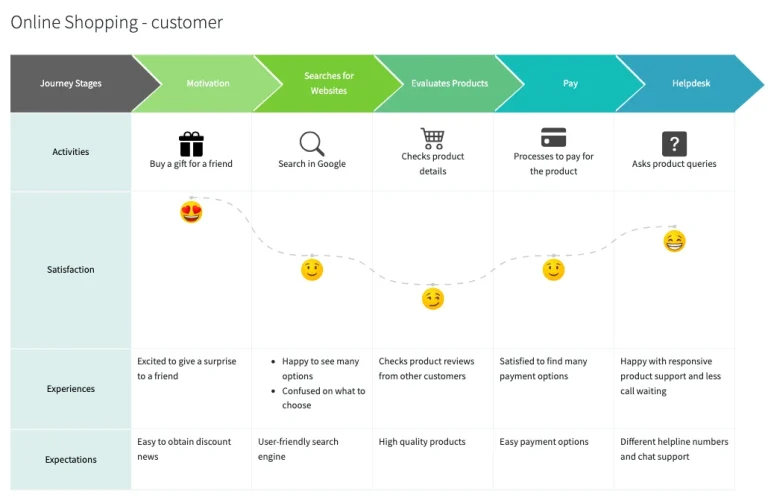
In the ever-evolving world of digital media, podcasting has become a dominant force in content consumption. As more creators enter the space, standing out in a crowded market requires more than just great content—it demands strategic optimization. One powerful tool that’s gaining traction is Audio Schema Tagging. This technique involves embedding structured metadata into audio files and podcasts, making them more discoverable, searchable, and engaging for both users and search engines.
In this article, we’ll explore what audio schema tagging is, why it matters, and how you can use it to elevate your podcast or sound asset metadata. Whether you’re an independent creator or part of a larger media organization, understanding and implementing audio schema tagging can significantly boost your visibility and audience engagement.
What Is Audio Schema Tagging and Why It Matters
At its core, audio schema tagging refers to the process of adding structured data (metadata) to audio files—such as podcasts, audiobooks, or sound clips—to make them more accessible and meaningful to both humans and machines. This metadata includes information like the title, description, author, duration, release date, and even specific segments within the audio.
The concept is rooted in schema markup, a form of structured data that helps search engines understand the content of web pages and other digital assets. When applied to audio, this becomes AudioObject or PodcastEpisode schema, which are specifically designed to describe audio content.
Why does this matter? Well, as more people consume audio content through platforms like Apple Podcasts, Spotify, and YouTube, search engines and streaming services are increasingly relying on metadata to surface relevant content. By using audio schema tagging, you ensure that your content is properly indexed, making it easier for listeners to find and engage with your work.
For example, if you’re a podcaster who regularly uploads episodes, using proper schema tags allows platforms like Google Podcasts or Spotify to display your episode in search results, show notes, and even in voice-activated searches. This not only increases visibility but also improves user experience by providing clear, accurate information about your content.
How Audio Schema Tagging Impacts SEO Performance
While traditional SEO focuses on text-based content, audio content is now a critical component of modern SEO strategies. Here’s how audio schema tagging influences your SEO performance:
-
Improved Search Visibility: Structured metadata helps search engines better understand your content, increasing the likelihood that your podcast or audio file will appear in relevant search results. For instance, if someone searches for “how to start a podcast,” your well-tagged episode could show up in featured snippets or rich results.
-
Enhanced User Experience: Properly tagged audio content provides listeners with more context before they decide to tune in. This leads to higher engagement, longer listening times, and better retention rates.
-
Better Voice Search Optimization: With the rise of voice assistants like Alexa, Siri, and Google Assistant, optimizing your audio content with schema tags makes it more likely to be picked up in voice-activated queries. For example, a listener might ask, “Play the latest episode of [your podcast],” and your well-tagged content would be more likely to respond.
-
Increased Discoverability on Streaming Platforms: Major platforms like Spotify and Apple Podcasts use metadata to categorize and recommend content. By applying the right schema tags, your content is more likely to appear in relevant playlists, categories, and discovery sections.
-
Data-Driven Insights: Schema tagging also enables more accurate analytics. You can track how often your episodes are being searched for, shared, or played, giving you valuable insights into your audience’s behavior.
Step-by-Step Implementation Framework
Implementing audio schema tagging doesn’t have to be complicated. Follow this simple framework to get started:
-
Define or Audit the Current Situation
Begin by reviewing your existing audio content. Are your titles, descriptions, and metadata consistent? Do you have a standard format for tagging episodes? If not, this is your starting point. -
Apply Tools, Methods, or Tactics
Use tools like Rank Math PRO, Schema.org, or Google’s Structured Data Testing Tool to add schema markup to your audio files. For podcasts, consider using the PodcastEpisode schema, while for general audio files, the AudioObject schema is appropriate. -
For WordPress users, plugins like Rank Math offer built-in support for podcast schema.
-
For non-WordPress sites, manually add schema via HTML or use a CMS that supports structured data.
-
Measure, Analyze, and Optimize
After implementing schema tags, monitor your performance using tools like Google Search Console, Spotify for Podcasters, or YouTube Studio. Track metrics such as play counts, search impressions, and user engagement. Use this data to refine your tagging strategy over time. -
Example: If a particular episode isn’t getting much traffic, revisit its metadata to see if it aligns with popular search terms or keywords.
- Tip: Use tools like Ahrefs or SEMrush to identify high-performing keywords related to your niche and incorporate them into your metadata.
Real or Hypothetical Case Study
Let’s take a hypothetical case study to illustrate the impact of audio schema tagging:
Scenario: A new podcast called Tech Talks launches with 10 episodes. The host uses basic metadata without any schema tags. Over the first three months, the podcast gains 500 downloads per episode, with minimal visibility in search results.
Implementation: The host then adopts audio schema tagging using the PodcastEpisode schema. They update their RSS feed, include detailed descriptions, and optimize titles with relevant keywords.
Results: Within six months, the podcast sees a 200% increase in downloads. It appears in Google Podcasts, Spotify, and YouTube search results. Listener engagement also improves, with average listening time increasing by 30%.
This case study highlights how even small changes in metadata can lead to significant improvements in visibility and audience growth.
Tools and Techniques for Audio Schema Tagging
Here are some of the most effective tools and techniques for implementing audio schema tagging:
-
Rank Math PRO – A WordPress plugin that simplifies podcast and audio schema creation. It automatically generates RSS feeds and offers built-in schema support for better indexing.
-
Schema.org – A collaborative community that maintains the official schema vocabulary. Use their guidelines to structure your audio metadata correctly.
-
Google’s Structured Data Testing Tool – A free tool to validate your schema markup and ensure it’s error-free.
-
Podtrac or Chartable – These analytics platforms allow you to track podcast performance and integrate with schema tags for better insights.
-
RSS Feed Generators – Tools like Feedify or Castos help create and manage podcast RSS feeds with built-in schema support.
-
YouTube Studio – If you’re uploading video podcasts, use YouTube’s metadata tools to tag your videos with appropriate schema elements like title, description, and thumbnails.
Future Trends and AI Implications
As AI continues to shape the future of search and content discovery, audio schema tagging will become even more important. Here’s what to expect:
- Voice Search Dominance: With the rise of smart speakers and voice assistants, properly tagged audio content will be more likely to be selected in voice-activated searches.
- AI-Powered Recommendations: Platforms like Spotify and YouTube are already using AI to recommend content based on user behavior. Structured metadata helps these systems make more accurate recommendations.
- Multimodal Search: As search engines evolve to handle multiple forms of content (text, image, audio, video), well-tagged audio files will be more easily recognized and surfaced in mixed-result searches.
- Automated Tagging: Future tools may use AI to automatically generate and apply schema tags based on the content of the audio file itself.
To stay ahead, focus on creating consistent, high-quality metadata that reflects the value of your content. As AI becomes more sophisticated, the need for accurate, machine-readable data will only grow.
Key Takeaways
- Audio schema tagging is a powerful way to enhance the discoverability and engagement of your podcast or audio content.
- It improves search visibility, user experience, and platform performance across major streaming services.
- Implementing schema tags involves defining your metadata, using the right tools, and continuously analyzing your performance.
- As AI and voice search become more prevalent, structured data will play an even greater role in content discovery.
- Start today by auditing your current metadata and applying schema tags to your next episode or audio file.


Meta Title: What Is Audio Schema Tagging? How It Enhances Podcast and Sound Asset Metadata
Meta Description: Learn how audio schema tagging boosts podcast discoverability, SEO, and audience engagement. Discover tools, best practices, and real-world examples.
SEO Tags (5): audio schema, podcast metadata, SEO for podcasts, audio tagging, structured data
Internal Link Suggestions: Parameter #1: Search Intent Alignment, Parameter #7: Semantic Keyword Mapping, Parameter #18: Distinct Value Proposition
External Source Suggestions: https://schema.org/PodcastEpisode, https://support.google.com/podcasts, https://www.rankmath.com/







